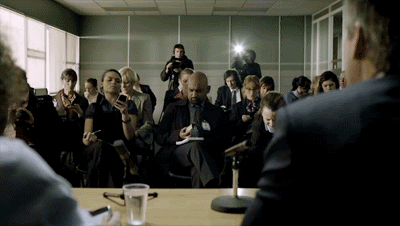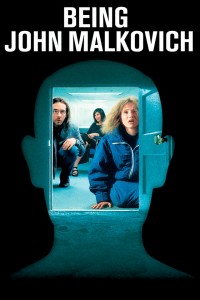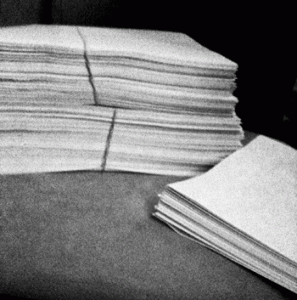
Writing is considered a solo pursuit, but the truth is it takes a village to create a book. It can be hard to find fellow writers to help you workshop your manuscript, or even to celebrate and commiserate with.
The Bothersome Words Writing Clinic not only teaches you valuable writing and editing skills, it also brings together a community of writers.
Hi everyone, excuse the mess. I think I’ve swept up most of the cobwebs that had inundated my blog. I know it’s been a while, but that’s because I’ve been super-busy behind the scenes!
If you’ve been following me around the social media traps, then lately you’ve probably heard me talking about the Bothersome Words Writing Clinic. So I thought it was time to explain a little bit more about what it is, why I created it and what I am so excited about!
The Writing Clinic has been a long time coming, and is not only borne of my experience as an editor and what I’ve noticed or heard people need, but also comes as a direct result of the Writers Editor Project.
There’s more information at the above link, but in short, the project was something I designed to find out what writers truly need from their editors – where the information and support gaps were, and how editors like me could resolve that.
I began in 2014 with a survey and a research trip. With support from the Australia Council, I was able to attend multiple conventions and festivals overseas, including NineWorlds Geekfest, LonCon, the Edinburgh International Book Festival and FantasyCon. When I returned, I began developing editing techniques and workshop materials based on story approaches I’d learned from listening to speakers from various backgrounds including fanfiction, computer and mobile games, TV and so on. Conversations with various speakers and attendees, combined with survey results and interviews with authors and writers, had revealed a hunger for more information about publishing – the process and requirements – as well as desire for more support when beginning a new manuscript. This led to the development of a few new services:
Plus several “Editing essentials” workshops, designed to demystify the actual editing process for writers.
***
By 2019, the publishing landscape had shifted notably. Self-publishing was much more common and the stigma had largely disappeared. A lot of the writers I was working with were either hybrid authors – publishing both traditionally and on their own – or were purely self-published. While I was still working with traditional publishers as well, there was a notable increase in traditionally published authors seeking feedback prior to sending their work to their publisher. I returned to The Writer’s Editor Project, updated the survey, and once again, with grant support, headed overseas to WorldCon in Dublin and The Edinburgh Book Festival.
When I reviewed my conversation notes and survey responses, by far the most common wish list items this time around were:
- Personalised support – writers wanted to know how to apply various writing rules and guidelines to their own manuscript, and further, how to evaluate whether they’d done it correctly.
- Targeted feedback – a number of authors were looking for reader responses to their manuscript, but they were not part of a writing community and had no idea where or how to find people to help. This idea of community came up frequently – many writers simply wanted other people to bounce ideas off.
- Editing and writing skills – from narrative and structure to characters and setting to grammar and sentence construction, the desire to learn better writing and editing skills was universal!
- Communication and time – many writers had felt rushed through the (traditional) editing process. They were concerned their editor may not have connected with their work and wanted more time to talk through issues and make their own changes.
- Affordability – there’s no doubt that editing and training bills can rack up quickly, and, sadly, there’s no guarantee that manuscript will end up paying for itself. Authors were looking for lower-cost ways to develop and polish their manuscript and get professional feedback and support.
- Respect and control – these were perhaps the biggest concerns. Many survey respondents were worried that they would lose creative control when working with an editor, and a not insignificant number feared, or had experienced, criticism that left them feeling demoralised.
All this matched what I was seeing and hearing from writers I was already working with. The challenge was how to address such disparate concerns?
And so, I came up with the Writing Clinic. At its heart, yes, it’s still a workshop, teaching you ways to strengthen your manuscript, plot and characters. But it is also:
- an information hub, where you can seek professional advice and answers to writing, editing and publishing questions.
- a support network, where you can find like minds for beta services or critique partnerships, as well as sounding boards for your ideas.
- a feedback service – the clinic includes editorial feedback on a portion of your manuscript, beyond the class workshopping sessions.
- a workshop – opening yourself to vulnerability by sharing your work is a necessary part of writing if you want to publish. As such, workshopping is a key part of the Clinic and, for those new to the process, this is intended to help you get used to the feedback process and learn how to give and receive criticism in a safe space – as well as showing you how workshopping other people’s writing can help you understand your own.
- a mentorship – all the lessons and exercises are directly applicable to your manuscript, enabling you to work through it in stages and take it to whatever the next level looks like for you. It includes a one-on-one private mentor session with me, to discuss your manuscript and writing and figure out what you need to do and what your next steps should be.
The weekly modules include not just lessons and tips for analysing and self-editing your work, but also exercises designed to take you deeper into your own manuscript and find ways to bring it to life – and to push it further along. It teaches you how to self-edit, so you’ll get more out of future professional edits as you’ll already have addressed things your editor might otherwise have worked on.
The only pre-requisite for the Clinic is that you have a complete manuscript draft to work on. It doesn’t matter if it is the first thing you have ever written or your thirty-second novel. By the end of the Clinic, you should have a whole new draft, and again – this is just about what that means for you and your work. There are no tests and no grading; no set results to achieve. You start from wherever you are and aim for whatever goals you set for yourself.
The lessons themselves take everything I have learned about editing and writing in my own career, and combines it with the ideas and techniques I have learned from my research of other fields – including computer games, film and TV, comics and graphic novels, advertising, and even music – giving you a multi-layered understanding of how stories can be told.
At the conclusion of the Clinic, you will have access to a private Facebook group, and you are welcome to join future live clinic calls.
I am really excited to share this with you and I look forward to seeing you online!
The current, and inaugural, round is open for applications until 30th April 2021. The application form is here and you can read more about the Clinic here.
The clinic itself runs from 3rd May 2021 to 25th June 2021. There will be future rounds at a later date.
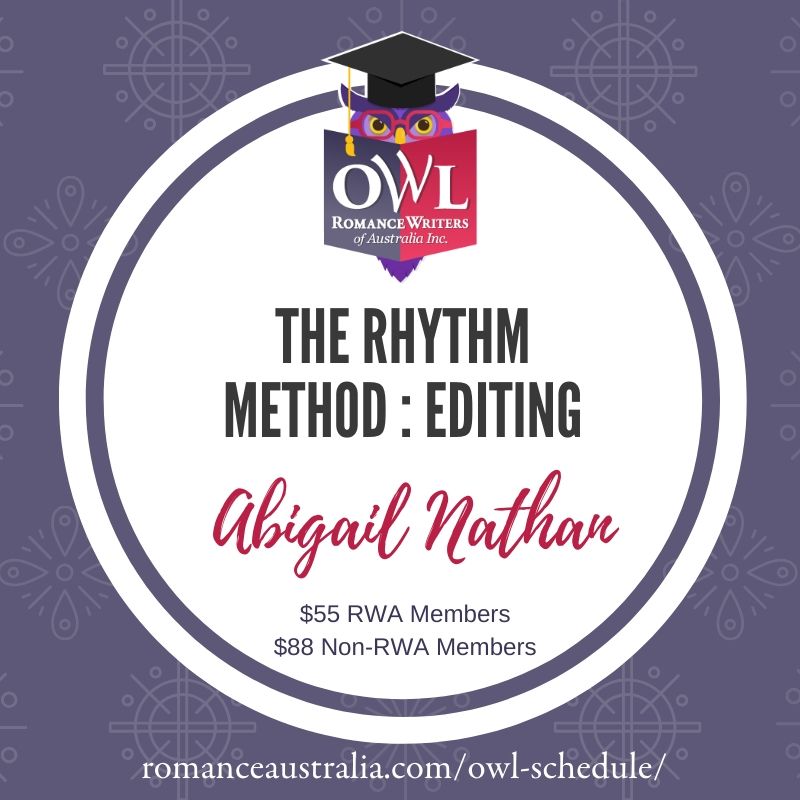


 I’m not marking a test. I’m not going to slash through someone’s work with a pen and send them to the back of the class for a “fail”
I’m not marking a test. I’m not going to slash through someone’s work with a pen and send them to the back of the class for a “fail”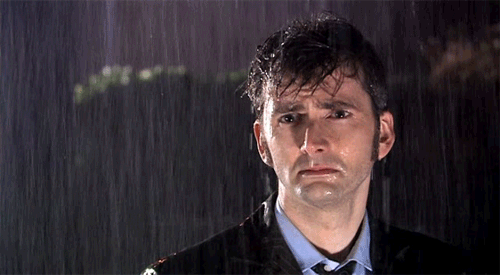 I know how hard my colleagues and I work to establish relationships of trust with authors; the time we spend getting to know each manuscript, and thus its author; and reassuring new writers that the editing process might be confronting but it doesn’t have to be painful and will be
I know how hard my colleagues and I work to establish relationships of trust with authors; the time we spend getting to know each manuscript, and thus its author; and reassuring new writers that the editing process might be confronting but it doesn’t have to be painful and will be